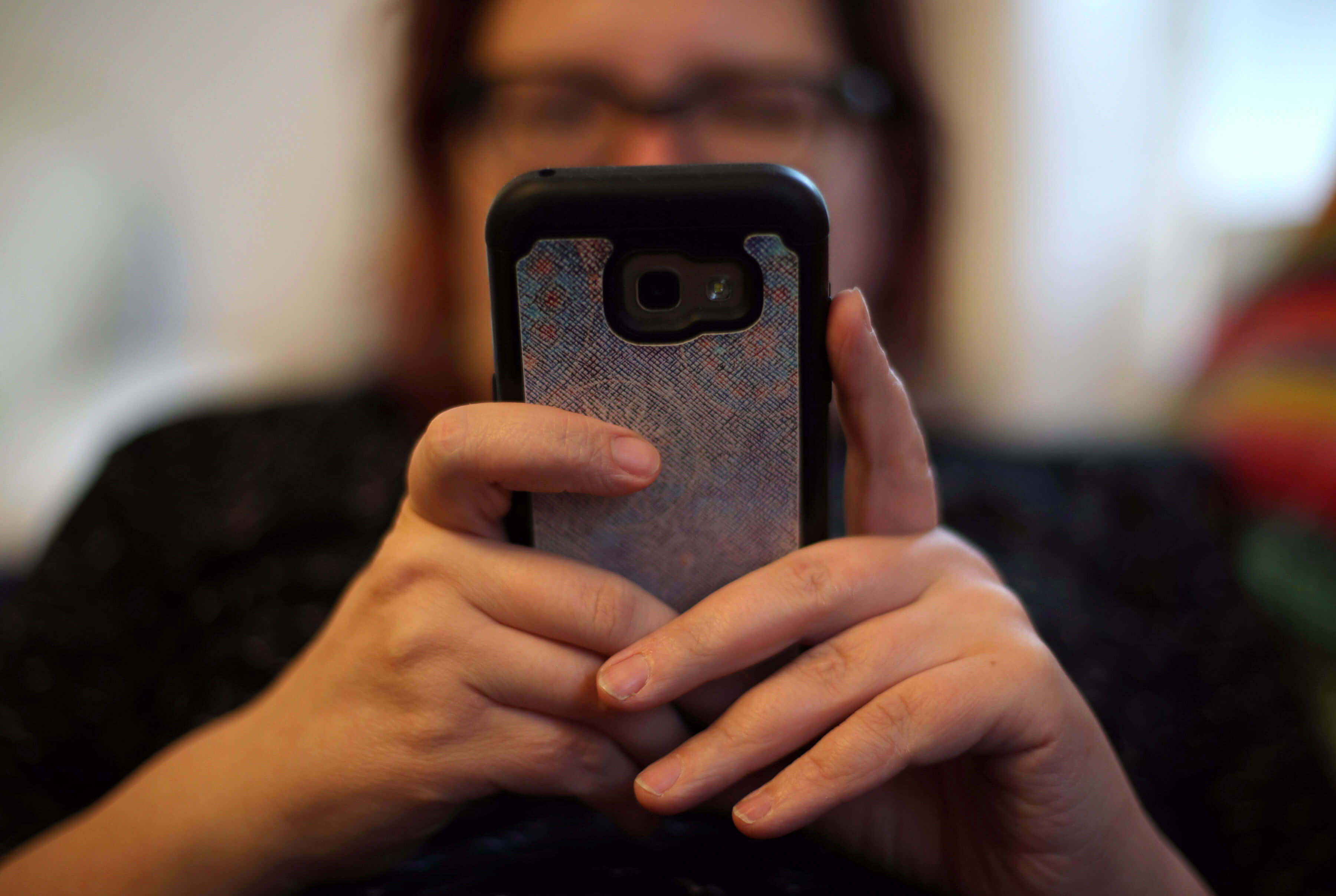Judging casinos & communities: Mitigate gambling impact on Asian-Americans

As big casino companies eagerly scour the downstate region in hopes of winning one of the three new casino licenses, it’s clear they have Asian-Americans squarely in their sights. What remains to be seen is the disproportionate harm these new casinos will have on this historically marginalized and increasingly vulnerable community.
On a daily basis, Asian-Americans in and around New York City are bombarded with gambling advertisements showcasing the glitz, glamor and great possibility found in the tri-state area’s many casinos.
Casino ads targeting Asian-Americans often line the No. 7 train, which feeds directly into the heavily populated Asian-American community along Main Street, Flushing. Chinese and Korean newspapers teem with targeted marketing. Meanwhile charter buses shuttle patrons nearly door-to-door from Flushing, Chinatown and Brooklyn to casinos sometimes hundreds of miles away in upstate New York or New Jersey and Connecticut.
In a surprising display of cultural competency, many of these casinos target Asian-American communities with rare, in-language ability complete with promotional giveaways centered around important Asian holidays like Lunar New Year. Resorts World offers Lucky Dragon Red Envelope giveaways and a Gong Xi Fa Cai 888 Cash Drawing where gamblers can win up to $38,888 in cash (888 is widely considered to be an extremely lucky number in Chinese culture).
A cursory glance at some of the big casino company websites shows that these efforts are backed by extensive Asian marketing teams who often offer users translation tabs in Chinese (but only in Chinese).
It’s no secret that gambling is prevalent in Asian communities, and with such hyper-aggressive ad targeting, it’s easy to see how this community disproportionately suffers from incidences of problem gambling, addiction, and other social, economic and health concerns.
The granting of up to three downstate casino licenses will surely exacerbate this problem, especially as these companies are deliberately and unashamedly targeting Asian-American communities. While many studies have been conducted on how much revenue these new casinos will generate for the city, little research has been done on the potential harmful impacts that will result from placing these casinos in the backyard of New York City’s Asian-American communities.
In partnership with service providers like Hamilton Madison House, which operates behavioral health services in gambling prevention among Asian-Americans, and NYU Langone, we hosted a roundtable discussion in January to examine the impacts of gambling in Asian-American communities.
We found a disappointing lack of data on the potential impacts, coupled with a dearth of culturally competent nonprofit service providers, and virtually zero in-language government resources equipped to address the long-standing issues of problem gambling within the Asian-American community.
Casino companies like to talk about responsible gaming and pat themselves on the back for offering minimal-effort voluntary exclusion programs, but there is a huge disparity between their efforts to lure Asians into the casinos and what they’re doing to mitigate harm.
Gambling in the Asian-American community is a problem that unfortunately is not being taken seriously enough, and there can be no doubt that the arrival of new casinos in New York City will lead to increased rates of gambling addiction, financial hardship and strained familial relationships for Asian-American New Yorkers.
Moreover, the proximity of casinos to Asian-American populated communities raises concerns about vulnerable elderly and low-income groups who are already at high risk of exposure.
Like any addiction, those who seek help are often able to overcome their demons. At our roundtable, Hamilton Madison House cited a case study of a 57-year-old low-income Chinese man who would spend more than a quarter of his weekly pay gambling. After eight years of in-language therapy, group sessions and psychiatric services, he eventually kicked his habit and stopped gambling altogether.
If new casinos do come to our communities, one thing is abundantly clear: the big casino companies who will be profiting off the backs of Asian-American communities, along with the government entities responsible for oversight, addiction outreach and treatment, must up their ante to meet the needs of this historically underfunded and victimized community.
That means investing in a lot more than just fancy games carefully crafted to appeal to Asian-Americans; it means doing more than building opulent subway entrances and bike paths; and it means a lot more than giving one-shot funding to the communities who stand to be impacted by these casinos for generations.
It means investing real long-term dollars toward culturally sensitive and linguistically capable services to safeguard this increasingly vulnerable community from further harm and scaling back the predatory practices that have led too many down a path of isolation and destruction.
Liu is a state senator from Queens and Lee is an Assembly member from Manhattan.
Related
Sports Betting Giant Flutter Forecasts Strong U.S. Growth To Drive…
Flutter CEO Peter Jackson.Courtesy of Flutter Entertainment Flutter Entertainment, the world’s largest online gambling company, said that it’s expecting str
BetBlocker Enters US Responsible Gambling Market
The charity, originally from the UK, launched a US unit, BetBlocker US, as part of its North American entry. The organiz
Viewers react to ’embarrassing’ JD Vance comment toward Zelenskyy as…
Social media users watching clips of the heated meeting between President Donald Trump, Vice President JD Vance and President Volodymyr Zelenskyy have called a
Ukraine latest: Zelensky urges Trump to stand ‘more firmly on…
We have Zelensky's statement in full Below, we have Ukrainian president Volodymyr Zelensky’s statement in full after touching down in the UK following a fiery













